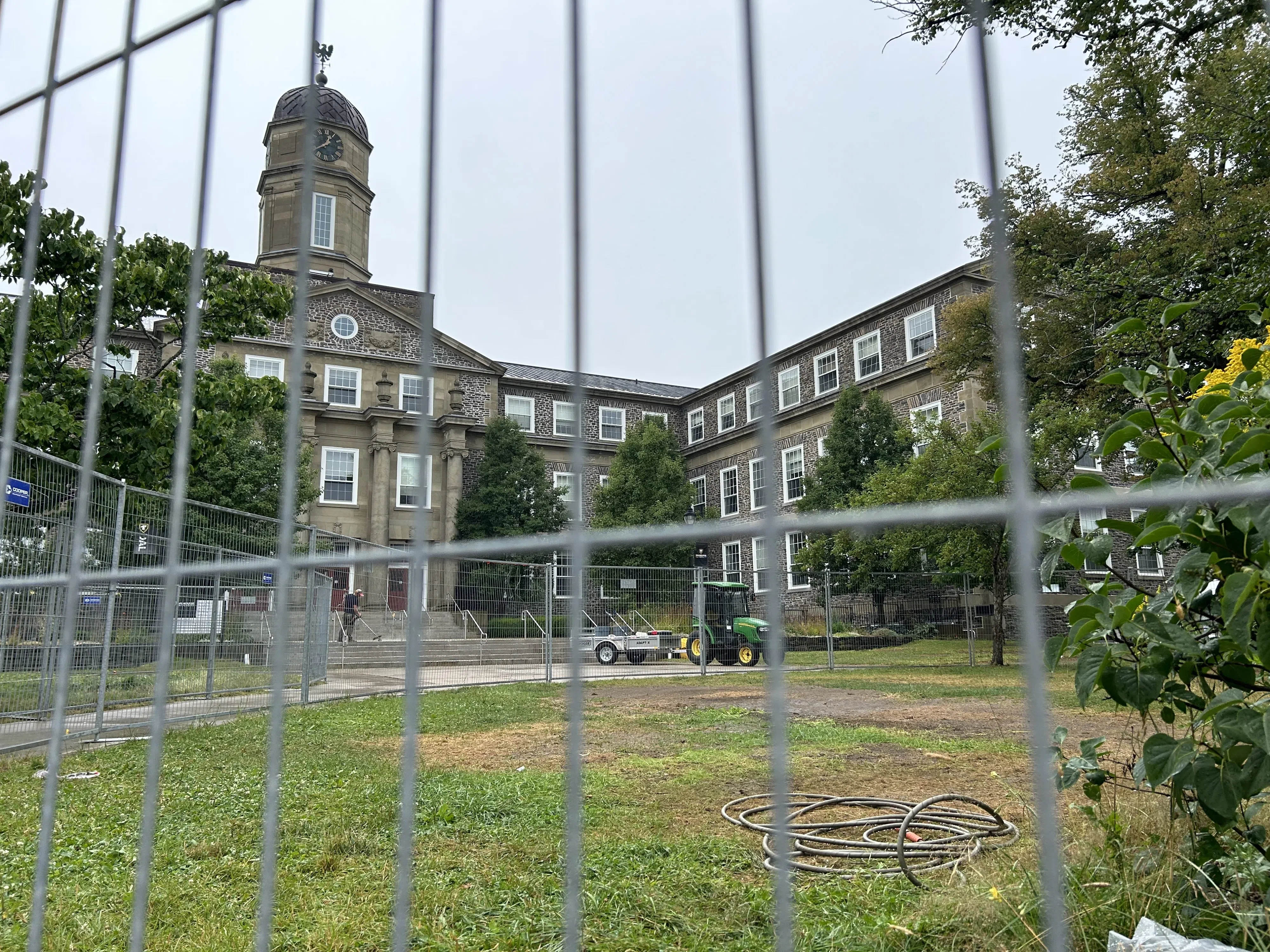The future of classes is uncertain at Dalhousie University as students returned to campus for the first day of classes on Tuesday.
Many classes are suspended while members of the Dalhousie Faculty Association (DFA) are on strike.
The university locked them out on Aug. 20, and the union went on strike Aug. 22. The DFA wants better wages, but they also want better working conditions, including better contracts, more access to the campus daycare, and leave for Indigenous people.
Some first-year students were unsure what would happen to their classes that are suspended, including Saif Shaheen. Two of his classes are on but three were cancelled.
“I’m kind of confused on how things are going to be running and everything, and how long it’s going to be going on for,” said Shaheen.
He says it makes sense for them to demand more money. But with some classes canceled and the tuition deadline approaching on Sept. 16, Shaheen does not know if he’s “paying for nothing at this point.”
Several other students voiced their support for the DFA.
Lyn Calder, a second-year student in the acting program, says just one of their classes was running on Tuesday.
“We already had to jump through a lot of hoops in order to even get enrolled in these classes, and now we basically can’t take any of them until the labor dispute is settled,” says Calder.
But they say they support the faculty, and their classes being disrupted is not the most pressing issue in comparison.
Another student, who attended class in the summer, was frustrated that the strike is getting in the way of her schooling. She says she can’t get her grades back for those courses, which could prevent her from continuing her degree next semester, when she resumes classes.
“I think it’s dumb, because they make so much money a year. I’m here, working two jobs while in school, and they’re out picketing, and I can’t go to class that I work two jobs to pay for,” the student said.
Unprecedented lockout
Teaching fellow and law professor John Shapiro says every member of the DFA wants to be in class teaching, but they can’t end the labour dispute until the university board comes back to the bargaining table.
Dalhousie University is part of the U15, a group of universities that are large research institutions, and he says none of the other schools have never locked out their faculty during a labour dispute.
“It makes me angry. I mean, it’s outrageous to have to be locked out. Strikes happen, but lockouts almost never happen, and it’s sort of a sign of incredible, to me, disrespect for the faculty and for the students of this institution to sort of prevent us from coming in and doing the work we want to do,” says Shapiro.









